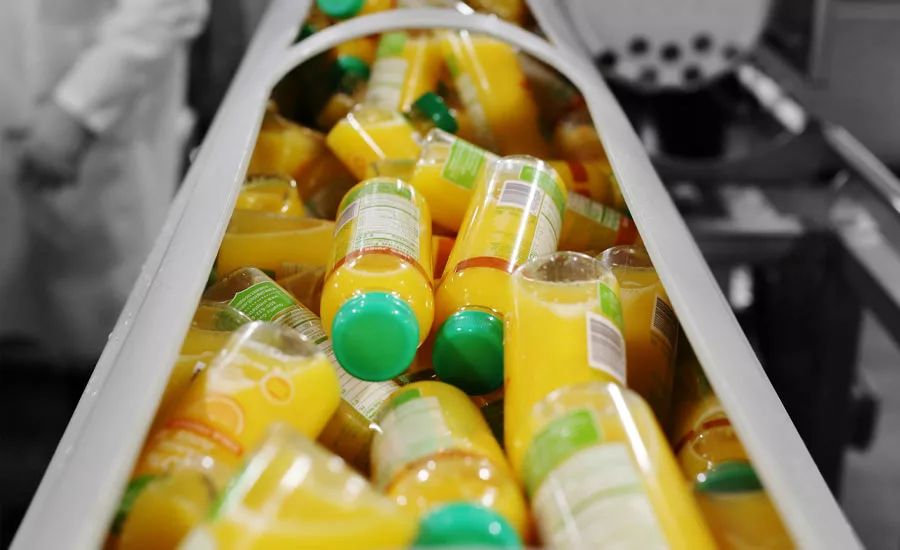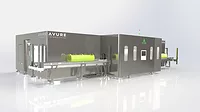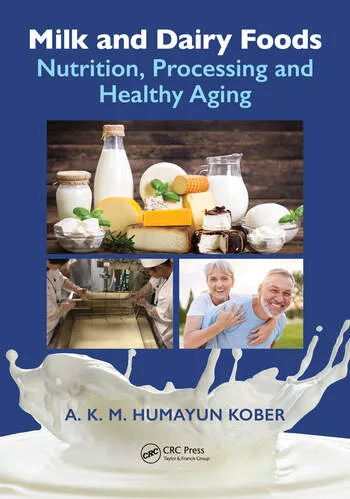Operations
High-pressure processing’s popularity grows in beverage processing
HPP suppliers develop modular, in-bulk solutions for beverage-makers

The phrase “we need a fresh approach” is no stranger to decision-makers looking to evolve their product or program for today’s consumers. When it comes to food and beverage processing, the “fresh approach” also is proving to be the safe and healthy approach.
“Food safety, consumer demand for healthy, nutritious foods and clean-label trends are resulting in more beverage manufacturers investing in high-pressure processing (HPP) equipment,” says Roberto Peregrina, chief scientific technologist for Hiperbaric, Doral, Fla. “HPP creates a fresher, more natural product that retains vitamins and minerals compared to heat pasteurization.”
Given these attributes, Peregrina notes that beverage manufacturers have been among the eager adopters to this processing trend.
“Among food categories, juices and beverages have become the fastest-growing sector over the last few years, representing 35 percent of HPP equipment sales,” he says. “Juices and beverages represent 24 percent of HPP global applications, the largest segment of any food category. The number of machines for beverages has grown from 10 in 2000 to 120 in 2019. In 2019, 143 million gallons of HPP juices and beverages were produced globally.”
Tom Woodward, chief commercial officer for Universal Pure, Villa Rica, Ga., adds that the rise of functional beverages has contributed to HPP’s growing presence in beverage processing.
“Functional beverages are now gaining momentum as health-conscious consumers seek to not only get rid of the bad, but also [to] gain added nutritional benefits from what they drink,” he says. “HPP facilitates cleaner labels, and it also preserves the naturally beneficial qualities of the beverages. Brands who recognize these trends are increasingly turning toward the use of HPP to meet their needs.”
Although fruit and vegetable juices are the more traditional users of HPP, more beverage categories are realizing how they can harness the benefits of the technology.
“[H]PP continues to expand its reach into coffee and tea-based drinks, dairy beverages, energy drinks and more,” Woodward says. “As beverage companies and emerging brands extend their portfolios, we expect HPP to fill an increasingly vital role.”
Although HPP’s prevalence in the beverage industry has been steadily increasing for years, the emergence of the novel coronavirus also could be contributing to the growth of beverage solutions that utilize the technology.
“[W]ith the COVID-19 pandemic, high-pressure processed beverages that contain probiotics are popular as consumers want to boost their immune systems,” says Lisa Wessels, marketing director for JBT Avure HPP Technologies, Erlanger, Ky. “The longer shelf life for HPP’d beverages is a great benefit as well; people want to eat clean and not go to the grocery as often.”
Designed for today’s facilities
As beverage manufacturers recognize the benefits of HPP technology, many must decide whether this can be supported by current facility designs.
Wessels notes that JBT Avure has developed systems that can support a varying set of needs.
“Avure Technologies has developed a modular design for their high-pressure processing (HPP) machines, which enables a producer to buy the machine that best suits their current needs,” she says. “But, as their company grows and their volume expands, the machine can be upgraded to keep up with increased demand. The upgradable machines have a flexible design with a smaller footprint to suit individual production needs. The new design also reduces energy consumption by as much as 50 percent, resulting in lower energy bills for the customer.”
Universal Pure’s Woodward also notes the how suppliers are ensuring that the size of a company’s operations does not need to limit its access to HPP.
“The most important advancement in HPP technology is its availability to multiple food applications and brands of all sizes,” he says. “Investments in HPP technology from companies like Universal Pure provide the outsourcing of this technology, and allow food manufacturers access to the benefits of HPP without requiring a large capital investment.”
Another game changer for HPP has been the development of in-bulk HPP, which processes the liquids in bulk versus the packaged beverages.
Hiperbaric pioneered this advancement with its Hiperbaric Bulk machine, which includes several patent-pending innovations, Peregrina says.
“The in-bulk process works by sending the beverage to an inlet tank, which contains a recyclable plastic ‘bladder,’ taking up 90 percent of the total vessel volume,” he explains.. “After that, the beverage is unloaded into an ultraclean extended shelf life (ESL) tank and goes to an ESL filling line, where it can be bottled in any type of packaging material.
“Since there is no manual handling of bottles or pouches, labor costs are reduced by more than 80 percent,” Peregrina continues. “The energy cost per liter of an HPP beverage is also cut by almost 50 percent, as almost twice the volume of juice is processed per cycle, while spare parts and consumable costs per liter are reduced by more than 30 percent.”
Just like the products they support, HPP suppliers continue to focus on a “fresh approach.”
Looking for a reprint of this article?
From high-res PDFs to custom plaques, order your copy today!









